by Neil Barnes
You have no doubt heard people talk about the need for ‘systemic changes’ to end inequality and oppression in Western society. It is true that the removal of social, institutional, or systemic barriers is key to providing equal opportunity, so there is a great deal of value in identifying where barriers exist and how changes can be implemented.
The idea that if only the world were a better and fairer place, then all my problems would be solved is very appealing. But is this enough? Regardless of how highly unlikely it is to ever arrive at utopia (literally meaning ‘no place’), it has long been known that it would never be enough to relieve human suffering anyway.
Stated clearly in Buddhism, “dukkha” or suffering, is an innate characteristic of life. What is meant by suffering? We usually conceptualise suffering in terms of pain or negative feelings, the cause of which can often be located externally leading us to look for external solutions. Yet, in therapy we see people that are still suffering despite the causal events being in the past, even as far back in the past as to have occurred before they were even born, for example, intergenerational suffering. How is this possible?
To understand this we need to understand what suffering means. Suffering means “to undergo”, or to lose agency. This is why we associate suffering with pain, as pain is accompanied by a loss of agency. The truth of suffering, to lose agency, is rooted in our individual relationship to locus of control. So what is locus of control?
Locus of control is a psychological concept that refers to how strongly an individual believes they have control over their behaviour, and the situations and experiences that affect their lives. This in turn connects to how able they are to respond to life, or in other words, take responsibility.
This is why psychology and psychotherapy have always focussed on enabling individuals to develop an internal locus of control, to develop agency. Addiction, self-deception, and self-destructive behaviours are mainly due to a lack of agency, a lack of internal locus of control, hence we suffer.
People with a high internal locus of control perceive themselves as having a great deal of personal control over their behavior and are therefore more likely to take responsibility for the way they behave.
In contrast a person with a high external locus of control perceive their behaviors as being a result of external influences or luck.
Research has shown that people with an internal locus of control tend to be less conforming and less obedient (i.e. more independent). Rotter proposes that people with an internal locus of control are better at resisting social pressure to conform or obey, perhaps because they feel responsible for their actions.
(Source: https://www.simplypsychology.org/locus-of-control.html)
In education, this plays out similarly:
Students with an “internal locus of control” generally believe that their success or failure is a result of the effort and hard work they invest in their education. Students with an “external locus of control” generally believe that their successes or failures result from external factors beyond their control, such as luck, fate, circumstance, injustice, bias, or teachers who are unfair, prejudiced, or unskilled.
Whether a student has an internal or external locus of control is thought to have a powerful effect on academic motivation, persistence, and achievement in school. In education, “internals” are considered more likely to work hard in order to learn, progress, and succeed, while “externals” are more likely to believe that working hard is “pointless” because someone or something else is treating them unfairly or holding them back. Students with an external locus of control may also believe that their accomplishments will not be acknowledged, or their effort will not result in success.
(Source: https://www.edglossary.org/locus-of-control/)
So why is all this important, the obvious answer is the relief of suffering for the individual, but how does this support the improvement of society for all? When people have agency, they are less likely to be self-destructive, self-deceptive, despondent, and to suffer from addiction. Moreover, they are more likely to be able to challenge injustice where they meet it by having belief in themselves, and taking responsibility for their thoughts, feelings, and ultimately actions.
Importantly, they are more able to discern the difference between what is externally imposed and what is internally within their control. This includes, but is not limited to, awareness of their own qualities, talents, and values. This leads to higher self-esteem and higher levels of achievement, greater degrees of happiness, better relationships, more respect for others, and greater contributions to society.
As a society we would do well to promote values and develop institutions that support and enable individual agency and independence. Not just for the health of the individual, but also for our communities, and for society as a whole.
In the Hold my Drink - navigating culture with a chaser of civility, and Counterweight podcast, Episode 70, we speak with new co-hosts and crew members, Andrew “AT” of Aspiring Thinkers, Jeff Fullington, and Neil Barnes. Andrew was a Human Intelligence Collector in the U.S. Army who promotes intellectual growth and reasonable discourse; Jeff is a peer counselor and community builder; Neil brings his perspective from the UK with a focus on the role of individual sovereignty in health communities.
The conversation flows, along with the drinks, from personal background and political perspective, through the importance of locus of control and personal agency in therapy, education, and social programs, before arriving at thoughts on autonomy, sovereign citizenship and the role of the state. All discussed with a chaser of civility, of course, and among other concoctions, homemade blackberry wine.
Hold my Drink welcomes all people with all kinds of beverages to join us as we explore the truths of a chaotic and beautiful world, together.
Find us on Apple Podcasts and Spotify, or watch the conversation unfold on YouTube, and follow us on Facebook, Twitter and Instagram.
What Neil is Reading:
The Dispossessed, Ursula K. Le Guin
Recapture the Rapture, Jamie Wheal
The Brothers Karamazov, Fyodor Dostoevsky,
And listening to…
Awakening from the Meaning Crisis, John Vervaeke
What Jeff is Reading:
Order Out of Chaos, Third Factor Magazine, Krystyna C. Laycraft
Transformative Life Experiences Through the Decision Making Process, Third Factor Magazine, Krystyna C. LayCraft
Poetics, Aristotle
Anatomy of Criticism, Northrop Frye
Iron John, Robert Bly
What Andrew is Reading:
Extreme Ownership, Jocko Willink
Finding Flow: The Psychology Of Engagement With Everyday Life, Mihaly Csikszentmihalyi
And listening to…
Give Them an Argument, Ben Burgis
Welcome Hold my Drink’s New Co-host Crew
Co-host Andrew "AT" was a Human Intelligence Collector in the U.S. Army for 6 years. He believes that America's partisan derangement is taking us down a dangerous road, but with humility, independent thought, and wise leadership, we can still course-correct.
"AT" stands for Aspiring Thinkers, a blog (work in progress!) that promotes intellectual growth and reasonable discourse.
Co-host, Neil Barnes is based in London, and his career has spanned computer programming, corporate banking, international sustainable development, education, and psychotherapy. He is fascinated by the role of autonomy and individual sovereignty in creating healthy communities.
Currently focusing on distributed cognition and cryptocurrency as models of network intelligence, and the intra and inter-personal skills that afford creative problem solving in complex environments. Salient questions for Neil are “What does the Infinite Game look like?”, and "How do I learn from those I don't agree with?"
Co-host Jeff Fullington is a peer counselor in WA state working at the intersections of mental health, autism and neurodiversity. He is also very active in the adult gifted/2e community. He is extremely passionate about community building, lively & intelligent discourse and freedom of speech.
Jeff is one of the creators and hosts of New World Chaos, a podcast community centered around the values of autonomy, individuality and self-determination. He is fascinated with the potential of video chat as a form of social media, and is currently using it to develop a 24-hour virtual support community for bright and creative people.




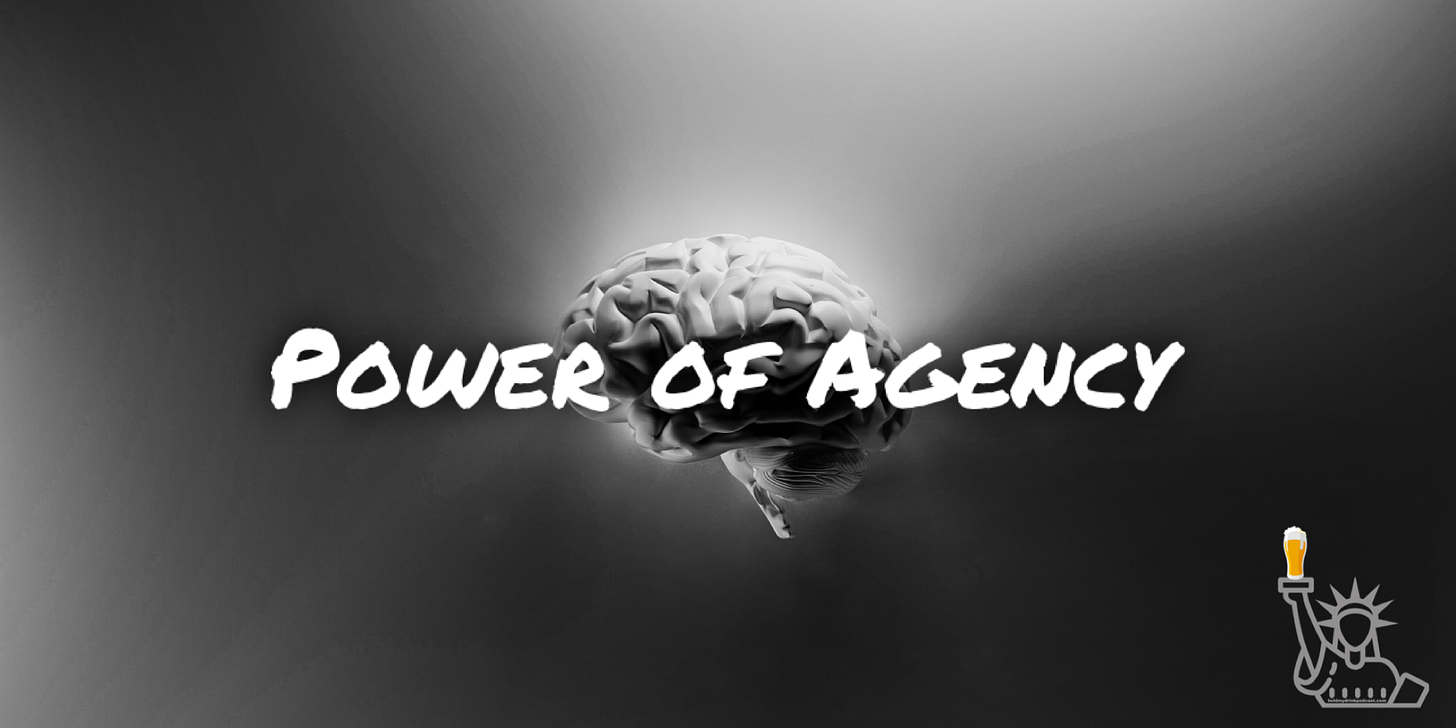

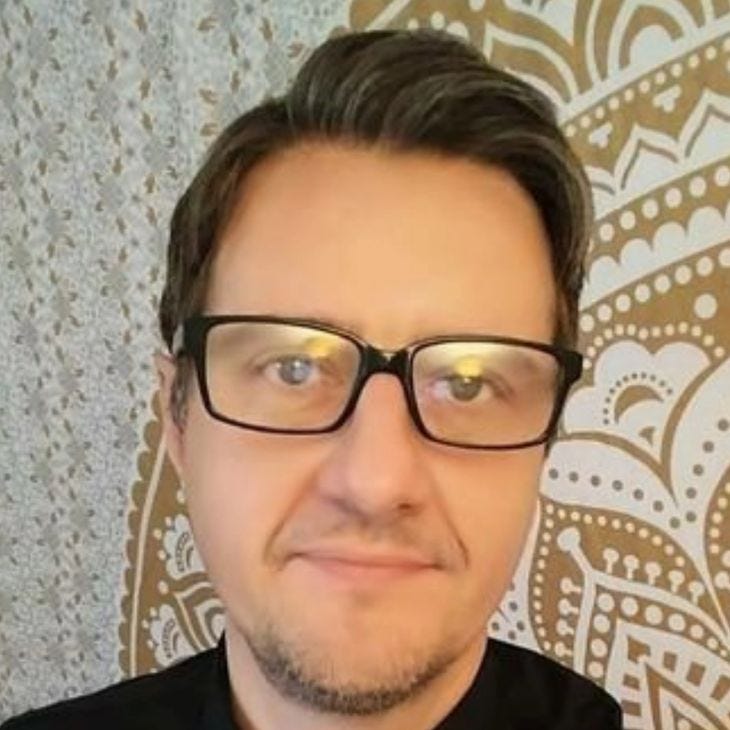
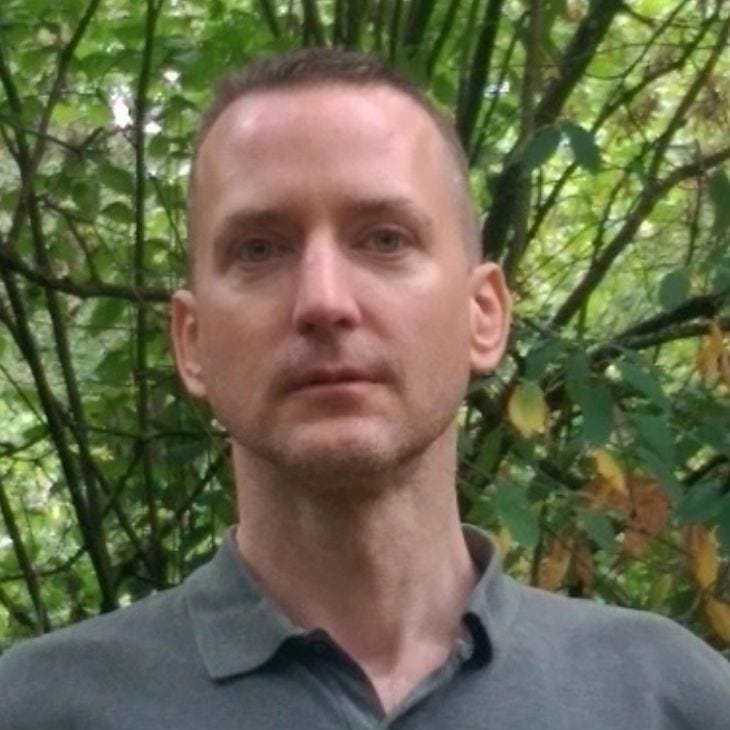





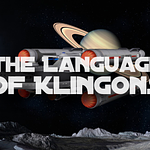

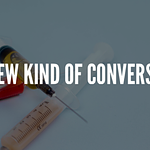
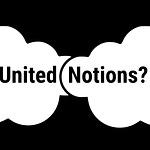
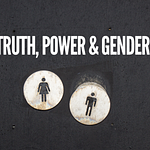
Ep. 70: The Power of Agency